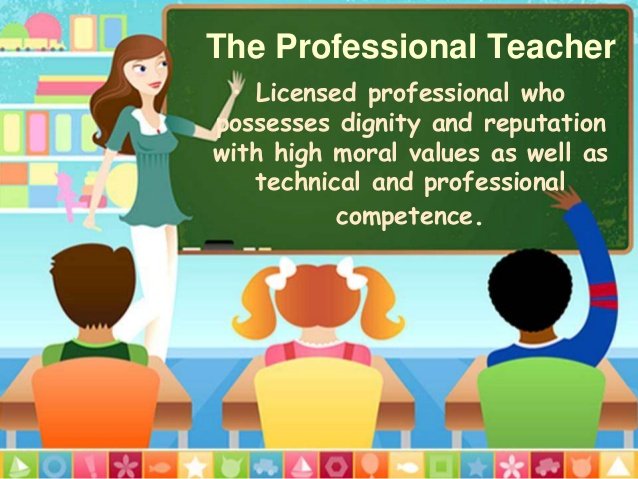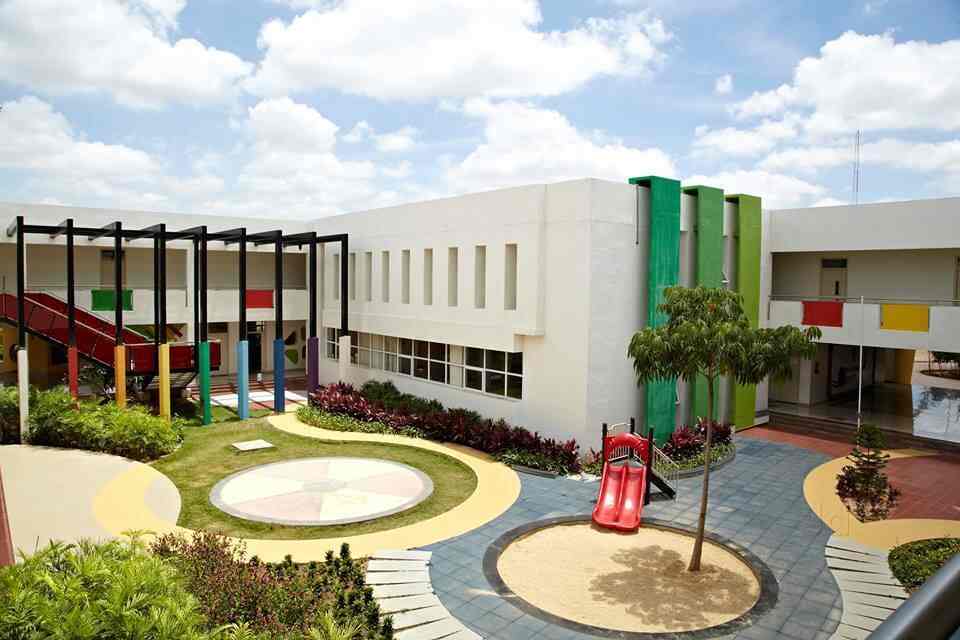Seminars and conferences are
opportunities for teachers to enrich themselves with knowledge and other skills
required for teaching. They are a venue for teachers to learn and practice
their professional skills. As teacher trainee level and even as full-fledged
teachers, attending seminars and conferences at various levels has its own
significance. They not only provide an opportunity for all the researchers in a
particular field to gather at a place and discuss the contemporary issues, but
also provide a platform for the emerging thinkers to come out with their ideas.
Through the platform of these conferences, the teachers learn to be
professional in a variety of ways: they learn the skills of organizing such
events, they learn to work in collaboration with others, they can pick up the
professional skills of presenting a topic, and most importantly, they can
interact with the intellectual and get in touch with them.
In my opinion attending the
seminars and conferences has these following advantages for a teacher or to a
trainee teacher. A teacher can learn other ways of teaching to substantiate
one’s own skills. Teachers may have a difficulty with the strategy of a
teaching a particular class, and by meeting the experts such teachers can get
different perspectives in solving the issue. For a trainee teacher, these
meetings with expert scholars may be even more important as it can be of use
while finding a job after the course. Conferences and seminars also provide
information about the advancements in science and technology and in the field
of education. Further, these can provide opportunities to new ideas which can
be used in classrooms. Thus, through conferences and seminars, a teacher
improves his/her mastery in the profession. Conferences
are very helpful to all teachers. They help every teacher learn more about
their profession so that they can be more effective. In this manner, teachers
master their professions in ways that are beneficial to their students and to
the classroom environment in general.
 In Christ (Deemed
to be University), the department of education organizes various seminars and
conferences at various levels. As a trainee teacher, I have been privileged to
attend a few of these. We had a national conference on “Education, Neuroscience, Technology And Pedagogy: Neuro-Systemic
Influence On Learning” in the
month of November, 2019. It was very unique experience for me as I not only
took part in it, but also contributed my effort in organizing it. It was a
learning experience to get to know the details involved in organizing an event
of that level and I was more than happy to chip in with any help required.
During this conference, the advancements in education technology were discussed
in detail and I tried to gather as much information as possible. More than 60
papers were presented by scholars including the students from senior batch of
B.Ed. It was especially a wonderful experience to see the students present
their views so confidently and clearly. It instilled a love for educational research
in me. As I was also part of the technical team for the conference, I had the
chance of closely following a few scholars and to help them out in their
presentations, and this allowed me to intently listen to their views. Finally,
the three days of national conference was a time for me to meet and interact
with many experts and scholars in the field of education. It was one of the
most valuable moments of life for me.
In Christ (Deemed
to be University), the department of education organizes various seminars and
conferences at various levels. As a trainee teacher, I have been privileged to
attend a few of these. We had a national conference on “Education, Neuroscience, Technology And Pedagogy: Neuro-Systemic
Influence On Learning” in the
month of November, 2019. It was very unique experience for me as I not only
took part in it, but also contributed my effort in organizing it. It was a
learning experience to get to know the details involved in organizing an event
of that level and I was more than happy to chip in with any help required.
During this conference, the advancements in education technology were discussed
in detail and I tried to gather as much information as possible. More than 60
papers were presented by scholars including the students from senior batch of
B.Ed. It was especially a wonderful experience to see the students present
their views so confidently and clearly. It instilled a love for educational research
in me. As I was also part of the technical team for the conference, I had the
chance of closely following a few scholars and to help them out in their
presentations, and this allowed me to intently listen to their views. Finally,
the three days of national conference was a time for me to meet and interact
with many experts and scholars in the field of education. It was one of the
most valuable moments of life for me.



